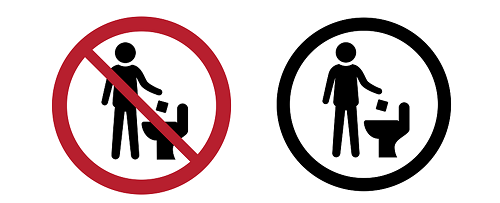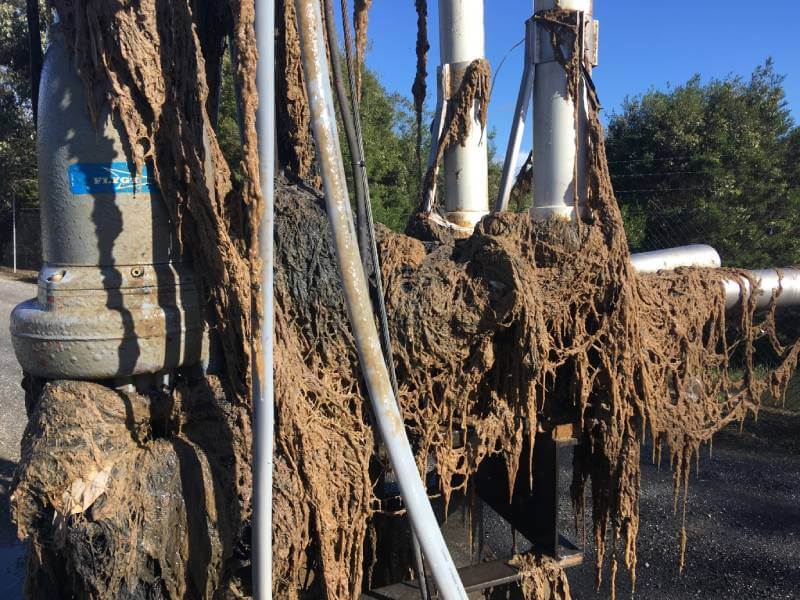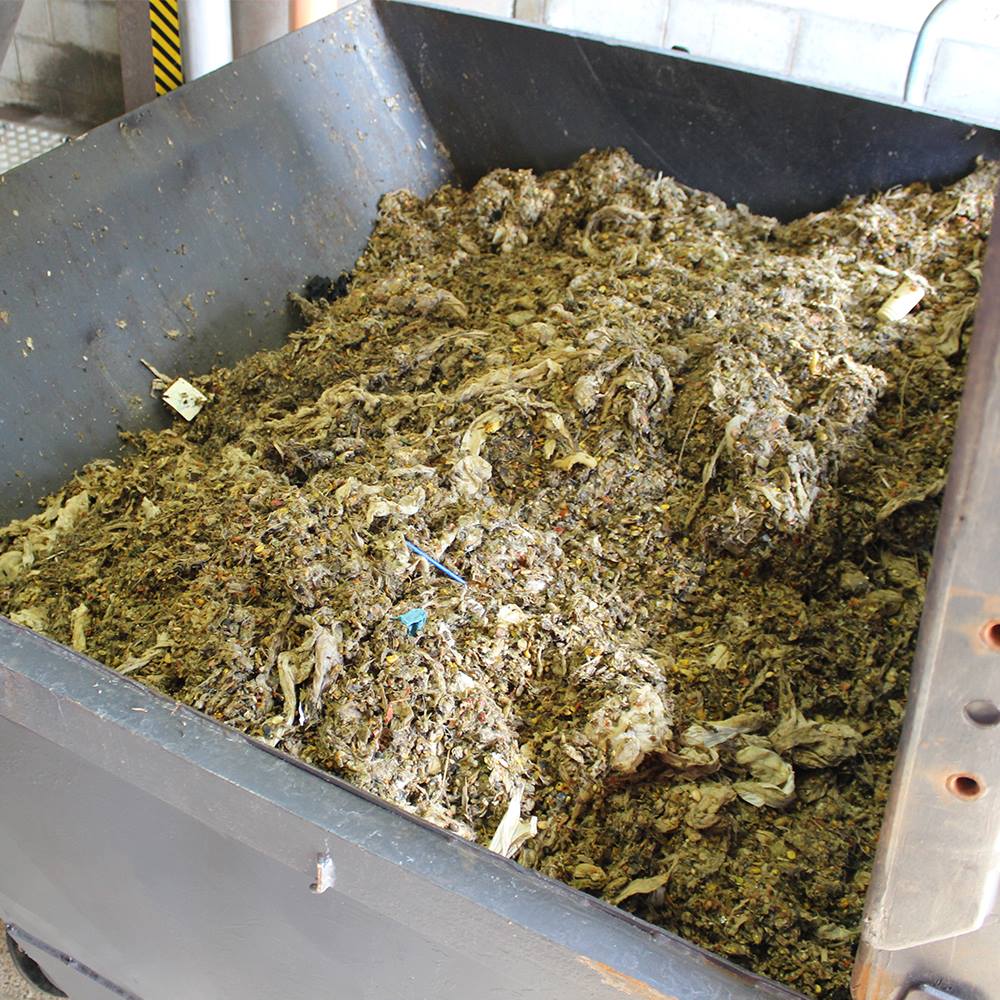Just because something can be flushed, doesn’t mean it should be. We find a lot of strange things in our sewerage network - things that belong in the bin, instead of the toilet.
Remember the three Ps - pee, poo and paper.
As of May 2022, Standards Australia has released a Flushable Products standard, it provides manufacturers with clear pass/fail criteria for products suitable for toilet flushing. Importantly it includes requirements for clearer labelling so customers know for certain whether a product is safe for flushing. These are now the labels for what can not and can be flushed, but if in doubt it is best not to flush anything other than the three Ps. You can read more here.

Wet Wipes
Wet wipes, baby wipes, moist towelettes, flushable wipe, whatever you call them, please do not to flush them down the toilet. No matter what it says on the pack, they don’t break down like toilet paper does and they often cause huge problems such as;
- Blocking sewer pipes and pumps in the sewerage network
- Overwhelming screening equipment at sewage treatment plants (STPs)
- Blocking pipes and pumps at the STPs
- Sticking to aerators at STPs, reducing treatment efficiency and increasing power demand which can cause failures.
What we find

Picture of Wynyard jet aerator with 800KG of wipes and sanitary items.
This jet aerator located at the Wynyard STP stopped working in November 2018, after it was clogged with a combination of sanitary items and wipes weighing approximately 800kg.

Pardoe bin
This located at our Pardoe STP at East Devonport, consists of a large number of wipes, sanitary items such as pads and tampons, plastic items and even a doorstop. It is emptied and sent to landfill weekly.

Carrick STP Screen
This is a screw screen located at our Carrick STP. It is constantly blocked by sanitary products and wipes, which have to be cleared by hand on a daily basis.